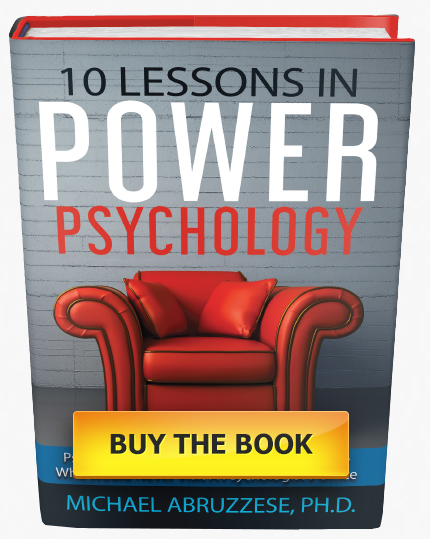The Divorce Game
By Michael Abruzzese, Ph.D.
©Copyright 2021 Vista Health Services Inc.
No, divorce is not a game – to the people seriously trying to survive it. But sadly that doesn’t always include lawyers, accountants and G.A.L.s. Sometimes it doesn’t even include both spouses – often there is one spouse who seems to deliberately be acting in bad faith to sabotage or damage the other spouse or even one or more children involved.
A divorce action is many things and one of them is an on-going psychological profile of psychopathology. Multiple unnecessary motions that the lawyers know are going to be denied, repeated continuances and delays, hiding assets, demanding damaging contact with children who do not want any contact with an abusive parent and greedy lawyers who know exactly how much money each party can afford to spend on legal fees are only a few of the most common aspects of the psychopathology seen during divorce actions.
And everyone routinely involved in divorce actions knows it. The one who do not know it are the couple going through it for the first time and their anxiety is simply fuel for the predators out there who prey on divorcing couples and their assets and children.
“Whoa, Doc,” you might say. “Aren’t you being overly dramatic? Blaming the legal profession too much? Psychopathology? What are you being so mean?”
Well, actually, kind reader – this post isn’t about divorce or psychopathology at all. True, recent research lists “Lawyers” as one of the professions where psychopathology is most prevalent and older research dating from at least 1991 refers to a longstanding finding in economics that whenever there are lawyers present, it tends to hinder economic growth, but the psychopathology of lawyers and C.E.O.s is a topic for another time.
This post is actually about the importance of Pre-Marital counseling.
Marriage is a serious matter and it is above all a contract – a legal contract. And despite all the songs and movies about romance and sacrifice and poetry, it is important to understand that marriage is a legal contract between two people. And why do we have contracts between people? To make sure, as much as possible, that when and if things go horribly wrong, some type of restitution can be made. No, there is no amount of restitution that can make up for betrayal, heartbreak or physical violence or emotional pain, but that is where we are in society nonetheless.
Good behavior, honesty, good faith – none of these can be guaranteed or legislated. Yet these are precisely the behaviors that are the foundation upon wich every marriage – every contract – must be based.
So what makes a good marriage? It isn’t the sole reliance upon any one thing. A persona can’t expect to have a successful marriage or companionship or partnership if it based on good looks or physical intimacy or money. Although those things are part of a general attraction and contribute to infatuation with another person, there has to be a full range of compatibilities that become the foundation of a good marriage.
Key among them are: An ability and willingness to make a commitment to an enduring and continuing relationship based upon mutual goals, care-taking and interests, including views on in-laws, children and finances. Marriages are made up of fulfillment, emotional gratification and comfort, not unhealthy needs or selfishness.
If your potential spouse shows even one sign of selfishness or unhealthy needs or desires or dependencies, there should be an immediate course of pre-marital counseling in your future.
I’ll develop these ideas in the next post of Pre-Marital Counseling. But for now, know that marriages, like trouble, are a lot easier to get into than to get out of.
Michael Abruzzese, Ph.D. is a clinical psychologist on Cape Cod and a former Clinical Instructor at Harvard Medical School. He is the author of Ten Lessons in Power Psychology; Psychology Tips and Techniques For People Who Would Never Visit a Psychologist’s Office. https://www.amazon.com/Lessons-Power-Psychology-Techniques-Pscychologists/dp/0991011708


